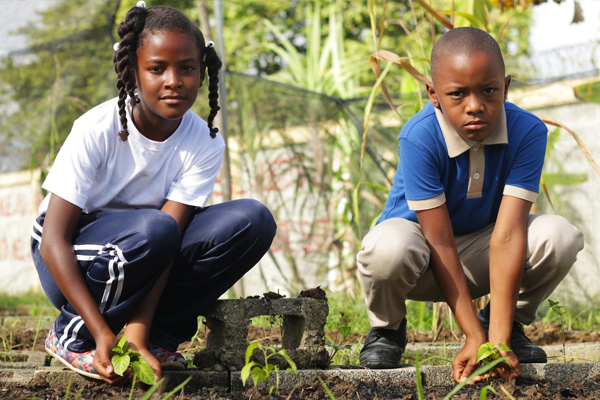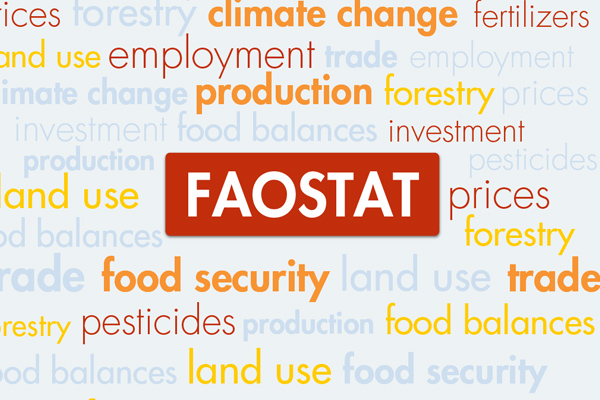Highlights
.jpg?sfvrsn=5f5fb97a_5)
2026 the International Year of the Woman Farmer
The Year will spotlight the essential roles women play across agrifood systems, from production to trade, while often going unrecognized. Women farmers are central to food security, nutrition and economic resilience.
Stories
Events
REGIONAL TECHNICAL PLATFORM FOR FAMILY FARMING
Hybrid Event, 02/12/2021
-1.jpg?sfvrsn=25809cf2_2)
According to FAO, family farming is the predominant form of agriculture in the world. It is estimated that there are just over 500 million family farms in the world, ranging from small-scale producers to medium-scale farmers. Among them, there are peasants, indigenous peoples, traditional communities, fishermen, mountain farmers, pastoralists and many others who represent all regions and biomes of the world.
Stimulating their development is key to achieving the SDGs, mainly ending poverty (SDG 1), hunger (SDG 2) and inequalities (SDG 10).
In this regard, the General Assembly of the United Nations acknowledged the importance of family farms by approving the United Nations Decade of Family Farming, and entrusted the Food and Agriculture Organization of the United Nations (FAO) and the International Fund for Agricultural Development (IFAD) its implementation (FAO, 2021).
The new strategic framework that guides the Organization during the period 2022-2031 emphasizes better production, better nutrition, better environment and a better life as main aspirations to get a more efficient, inclusive, resilient and sustainable agri-food systems. Family farmers have an important role on this challenge.
Family farmers face new challenges and opportunities such as technological development, climate change, new demands for healthy food, demographic change, among others. To take advantage of the opportunities presented, it will be necessary for family farming to continue innovating. More than ever, they need to incorporate new knowledge, science and technology into the productive systems they manage.
To accelerate this innovation process, FAO offers a new global public good: the Regional Technical Platform on Family Farming (RTPFF).
This platform makes available to governments, farmers' organizations, the scientific community, policy makers, private sector and all those interested in the rural development a set of innovative tools for the exchange of experiences and specialized knowledge on family farming, promoting technical and institutional innovations that strengthen the family farmers around the world.
Its work is based on mobilizing existing knowledge, expertise and best practice from around the world and fostering dialogue, learning and collaboration among a diversity of partners from inside and outside FAO.
This platform works in two ways: i) as a digital Facility that mobilizes FAO’s knowledge products, technical and policy expertise and operational know how and lessons learned, from across the world; and ii) as a digital “Convention Place” that makes available digital spaces and tools to partners and participants to carry out concrete and practical initiatives (e.g., webinars, training events, policy dialogue, virtual learning tours).
In short, RTPFF will:
i) bring together FAO colleagues from HQ and decentralized offices who are working on family farming to foster dialogue and collaboration on specific issues;
ii) develop a FAO Family Farming Gateway, a web-based portal with links to all of the Organization’s knowledge products, technical and policy expertise and operational know how and lessons learned, directly related to Family Farming, from across the world
iii) Develop and implement an annual agenda of activities based on a set of digital services and tools, fostering dialogue and collaboration among FAO Country, Subregional and Regional Offices and Units
iv) Document and disseminate best practices related to family farming from around the world;
v) Make available digital meeting spaces and tools for interested partners and stakeholders to organize specific activities that are compatible with RTP FF objectives
vi) Develop educational and training material on various subjects related to family farming;
vii) Connect partners and stakeholders and FAO colleagues who share similar interests on issues that are compatible with RTP-FF’s objectives
This event aims to launch the new FAO's Regional Technical Platform on Family Farming and invite all interested people to join FAO on the next steps.
Contact
Contact
Ricardo Rivera
Communicator Regional Initiative Hand-in-Hand towards prosperous and inclusive rural societies
FAO Regional Office for Latin America and the Caribbean.

Regional Representative
Mr. Rene Orellana Halkyer was appointed by the FAO Director-General, QU Dongyu, as Assistant Director-General and Regional Representative for Latin America and the Caribbean, effective 1 November 2025.
Featured video
Key Documents
Publications

How to use antibiotics effectively and responsibly in poultry production - for the sake of human and animal health
2024
The use of antibiotics and thus the threat of antimicrobial resistance (AMR) can be reduced by adopting the right husbandry practices. This publication provides practical tips to the livestock producer aiming at improving animal health and hence the reduced use of antibiotics
FAO's four priorities in Latin America and the Caribbean
In depth
Global
Multimedia
FAO Brief – 7 July 2025
01/07/2025
In this episode of the FAO Brief: FAO scales up emergency seed distribution in Sudan; a new FAO report on the status of youth in agrifood systems; and FAO’s Conference held in Rome.

.jpg?sfvrsn=808d515d_5)
.tmb-th600x400.jpg?Culture=en&sfvrsn=131e3ba6_3)









-(1).jpg?sfvrsn=d38bcded_4)
.jpg?sfvrsn=7648e151_7)
5bf1fcc0-217c-4876-bde4-e48492bb9a59.jpg?sfvrsn=34341d2_7)


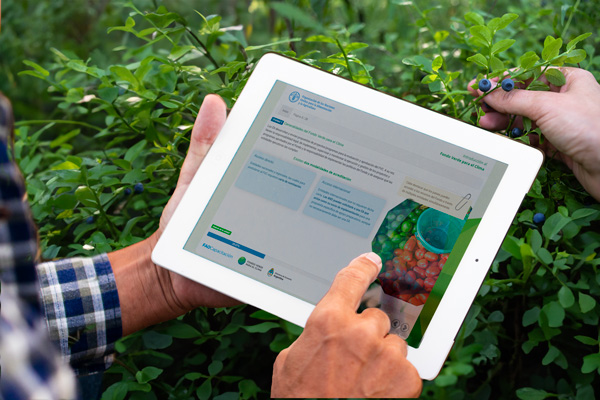
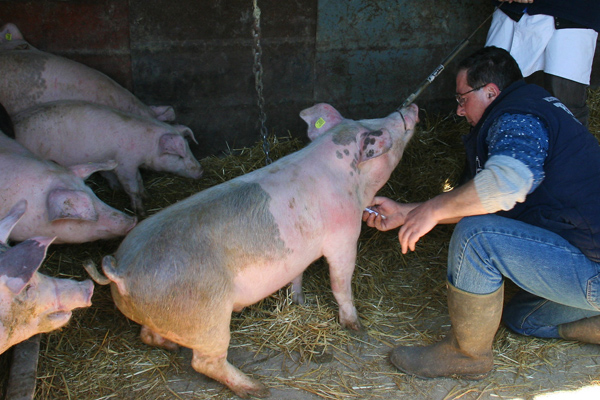
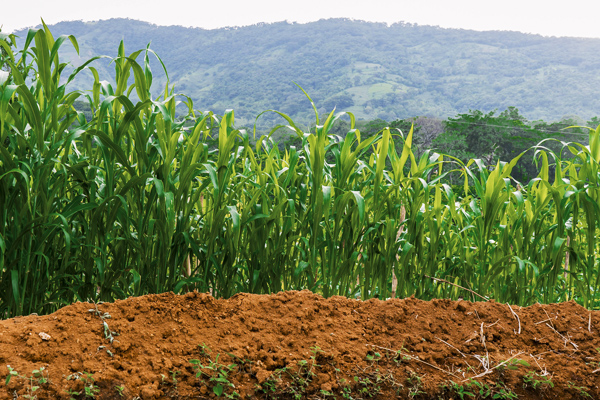
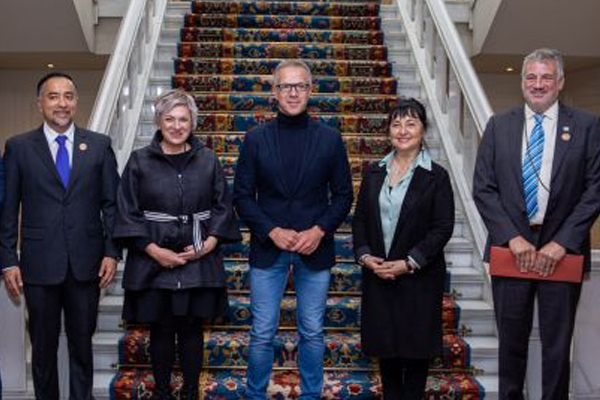
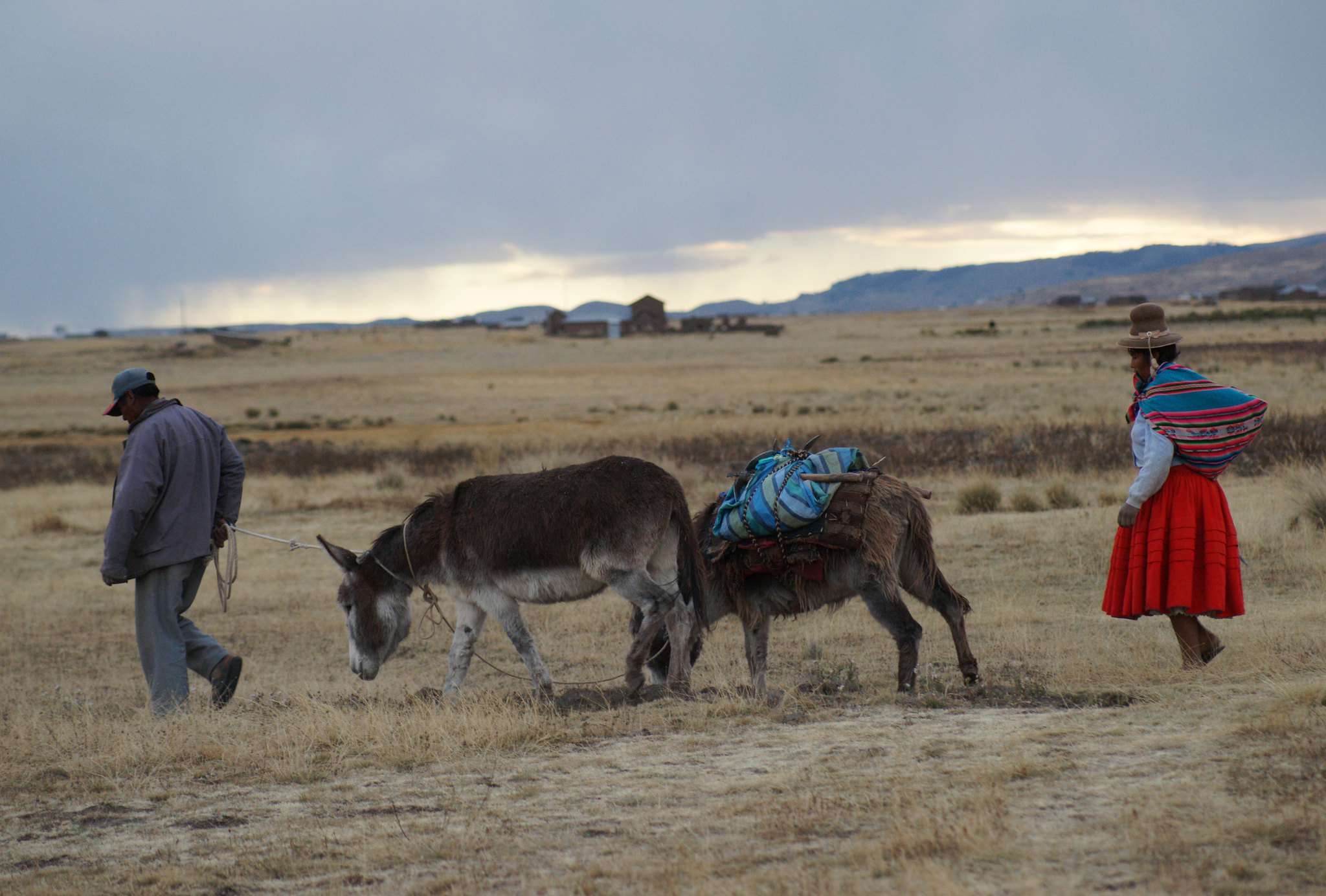
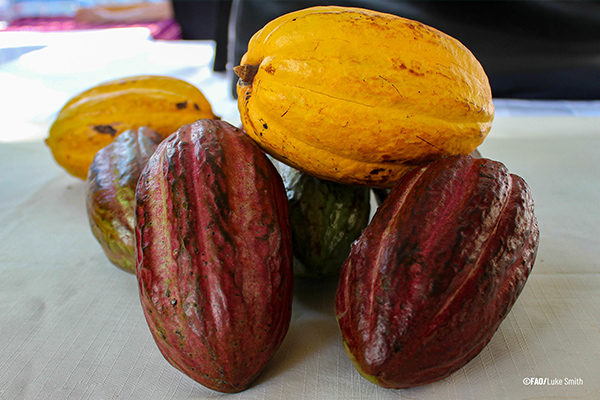

.png?sfvrsn=c4be63ee_6)
